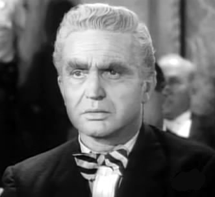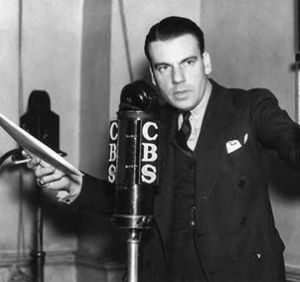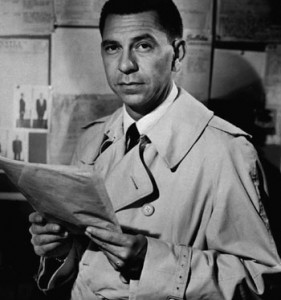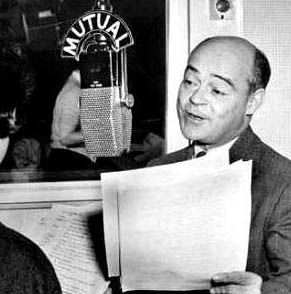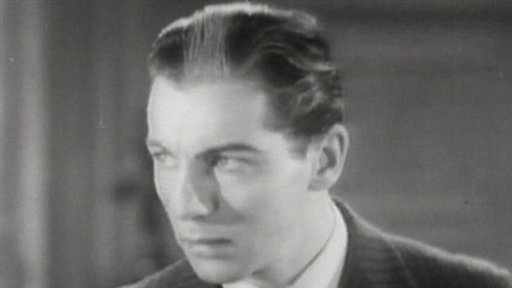Podcast: Play in new window | Download
Subscribe: Apple Podcasts | Spotify | Amazon Music | iHeartRadio | Email | TuneIn | RSS
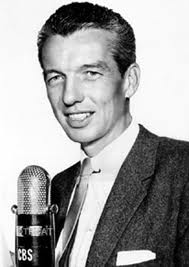
Today’s Mystery:
Johnny is called in to investigate the disappearance of a major league pitcher.
Original Radio Broadcast Date: April 28, 1957
Originating from Hollywood
Starring: Bob Bailey as Johnny Dollar; Virginia Gregg; Lillian Buyeff; Richard Beals; Barney Phillips; Frank Nelson; Harry Bartell; Richard Crenna; Lawrence Dobkin; Tom Hanley
When making your travel plans, remember http://johnnydollarair.com
Become one of our Patreon Supporters at https://patreon.greatdetectives.net
Thank you to our Patreon Supporter of the Day: Gregory, Patreon Supporter since April 2024
Take the listener survey at http://survey.greatdetectives.net
Give us a call at 208-991-4783
Follow us on Twitter @radiodetectives
Join us again tomorrow for another detective drama from the Golden Age of Radio.

